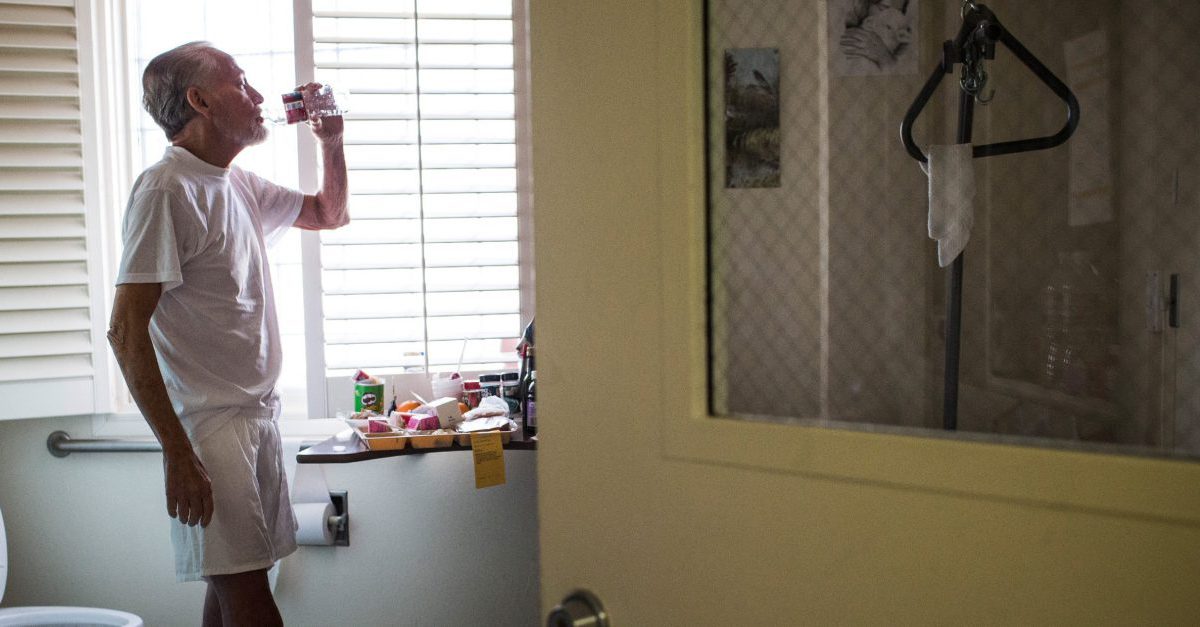A new study published by medical journal CANCER says almost one in three non-elderly Americans (who do not qualify for Medicare) abbreviate or simply don’t take drugs prescribed as part of their cancer treatments, simply because they cannot afford it.
Videos by Rare
The study surveyed 9000 cancer survivors across the United States and 126,000 people with no history of cancer to determine drug usage and patterns. The survey found that cancer patients were the most likely to put off filling prescriptions or ignore them entirely. They were also the most likely to skip doses, ask oncologists to prescribe less expensive drugs or seek out alternatives to prescription drugs.
RELATED: Here’s the draft of the Obamacare repeal and what it could mean for your healthcare
Cancer drugs are among the most expensive medications available, and even after insurance, many patients cannot even pay the deductible. High-deductible healthcare plans, often called “catastrophic” plans, can have deductibles over $5000. Combined with a co-pay (often 20 percent), a cancer patient could still owe tens of thousands of dollars, even if they’re covered by an insurance plan.
In a nation where some 69 percent of Americans have less than $1000 saved, and 34 percent have nothing saved at all (CNBC, 2016), emergency healthcare with even a moderate premium can be a burden.
Some 1.5 million Americans are diagnosed with cancer every year, and while their healthcare costs make up just 5 percent of the $3.2 trillion spent every year, the costs of cancer care are increasing faster than any other category.
Dr. Daniel Goldstein of Emory University’s Winship Cancer Center told WBUR: “There’s an increasing amount of data showing that patients with cancer suffer financial toxicity.” In other words, it’s so common that cancer patients cannot afford to take drugs as prescribed that doctors now have a name for the adverse effects: Financial Toxicity.



